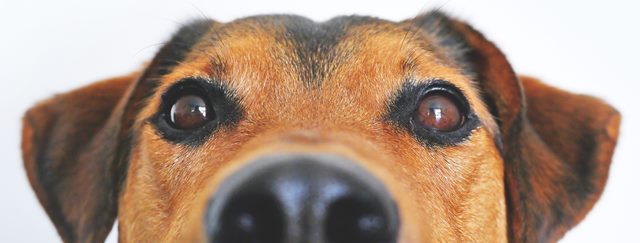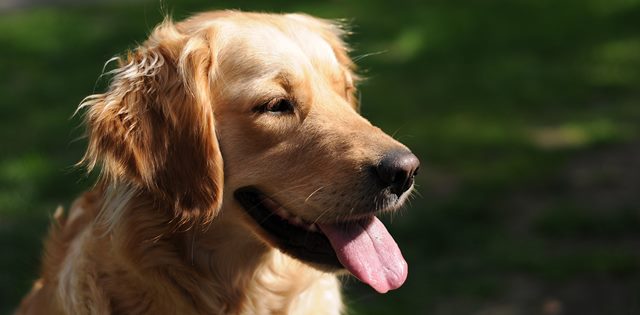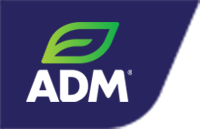What is a digestive disorder?

Digestion describes the process by which food is taken into the body and broken down into tiny particles which can be absorbed from the intestines, with waste products then excreted in the stools. The digestive system includes the organs through which food directly passes (oesophagus, stomach, intestines and colon) and accessory organs involved in digestion (the liver and pancreas). Upset to any of the organs in the digestive system or upset to the normal digestive process may be described as a digestive disorder.
Digestive disorders can be caused by abnormal food intake, abnormal digestion, a change in the speed at which food material passes through the intestines or irritation within the guts. They can present acutely with a fast onset or can come and go with a more chronic nature. The presentation will depend on what has caused the upset in the first place.

ACUTE:
- Scavenging/ inappropriate diet (often described by vets as dietary indiscretion
- Over-eating
- Sudden change of diet
- Changing from mother’s milk to solid food (weaning)
- Infection (viral, bacterial or parasitic, e.g. worms)
- Stress (e.g kennels, travel)
- Foreign body ingestion causing obstruction (If there is any suspicion of this please seek veterinary assistance immediately)
CHRONIC:
- Food intolerances
- Gut motility changes (changes in the speed at which food passes through the digestive system. If this is faster than normal we see diarrhoea, if slower than normal we see constipation)
- Changes in the balance of good and bad gut bacteria (known by vets as intestinal dysbiosis)
- Underlying digestive disorders
- Conditions affecting the digestive system

- Vomiting
- Change in stool frequency or consistency (diarrhoea/ constipation)
- Reduced appetite
- Tiredness/ lethargy
- Drooling
- Abdominal pain
- Gurgly/ bubbling gut noises (known by vets as increased borborgmi)
- Flatulence


With many digestive disorders a definitive diagnosis may not be achieved due to the relatively rapid resolution of the problem either with time, or supportive management. In some cases owners will have witnessed the inciting cause – e.g their dog was seen eating something disgusting on its walk, or stealing a sausage at the BBQ! Or they may have several animals affected, in which case an infectious cause may become more likely. For more ongoing digestive upsets further tests may be required as follows.
- Stool sample to check for signs of infection
- Imaging such as x-ray, ultrasound or CT may be indicated if there is any suspicion of an obstruction, or to assess the internal abdominal organs.
- Blood tests to assess organ functioning, check for metabolic disease, and check protein, electrolyte and mineral levels.
- Endoscopy (putting a camera into the gastrointestinal tract) to look for an abnormality
- Hypoallergenic diet trial may be indicated with chronic digestive upset to assess for food allergies.

Management will again depend on the cause for the digestive upset and severity of signs. Many patients with a simple dietary digestive upset may be managed symptomatically at home
Management of simple, mild digestive upset:
- Diet: your veterinary surgeon will be able to advise you as to what to feed your dog during the digestive upset. It is usually advisable to feed a bland diet, which is low in fat and easily digested. The commonly recommended combination of chicken and rice meets these criteria. Your veterinary surgeon may provide you with a prescription diet that is suited to digestive upsets. Feeding small, frequent meals prevents the gastrointestinal tract from being overwhelmed and allows for thorough digestion of the diet.
- Water: ensure there is a constant supply of fresh water available; offer water frequently and allow them to drink little and often.
- Access to outside: digestive upset will commonly result in an increased urgency to go to the toilet; having easy access to outside may help to avoid accidents in the house.
- The use of probiotics and clay-pastes can help to speed up the resolution of loose stools.
Management of more severe, acute digestive upset
- The animal may require hospitalisation for intra-venous fluids and medications.
- Further diagnostic tests may be required
- If a foreign body has caused an obstruction then surgery may be indicated.
Management of chronic digestive upset
Management of chronic digestive upset will depend on the cause but may include the following:
- Hypoallergenic diet
- Probiotics and prebiotics
- Nutraceuticals which provide support for the gut lining
- Vitamin supplementation. E.g, vitamin B12 (cobalamin)
- Medications to treat specific diseases
- Enzyme supplementation if there is a deficient pancreatic production.
- Addition of fibre to diet may be indicated with chronic constipation or colitis.


- Keep an eye on your dog and try to avoid scavenging when out on walks. If your dog is a known scavenger long term probiotics/ prebiotics may help to avoid a dysbiosis.
- Ensure food is kept out of reach and try to avoid dropping food on the floor where your dog may be able to eat it.
- Avoid high fat treats, such a sausages or roast dinners.
- If changing diet, then do this gradually over about 7 days.
- If the animal is known to be easily stressed, use of probiotics/ prebiotics prior to a stressful incident (e.g. kennels/ travel) may help to reduce the chance of digestive upset.
- Keep the animal up to date with vaccinations and worming to minimise the chance of an infection.
- It is essential that water is always freely available to any animal, but this is even more important in the face of a digestive upset, when increased water is often lost through diarrhoea and/ or vomiting.
Digestive upsets can present quickly or can be a long term problem – depending on the underlying causes and severity of the symptoms - there are a variety of ways to help manage a digestive disorder effectively.
For more information and advice on digestive upsets contact your local veterinary practice.
- 6th July 2018

